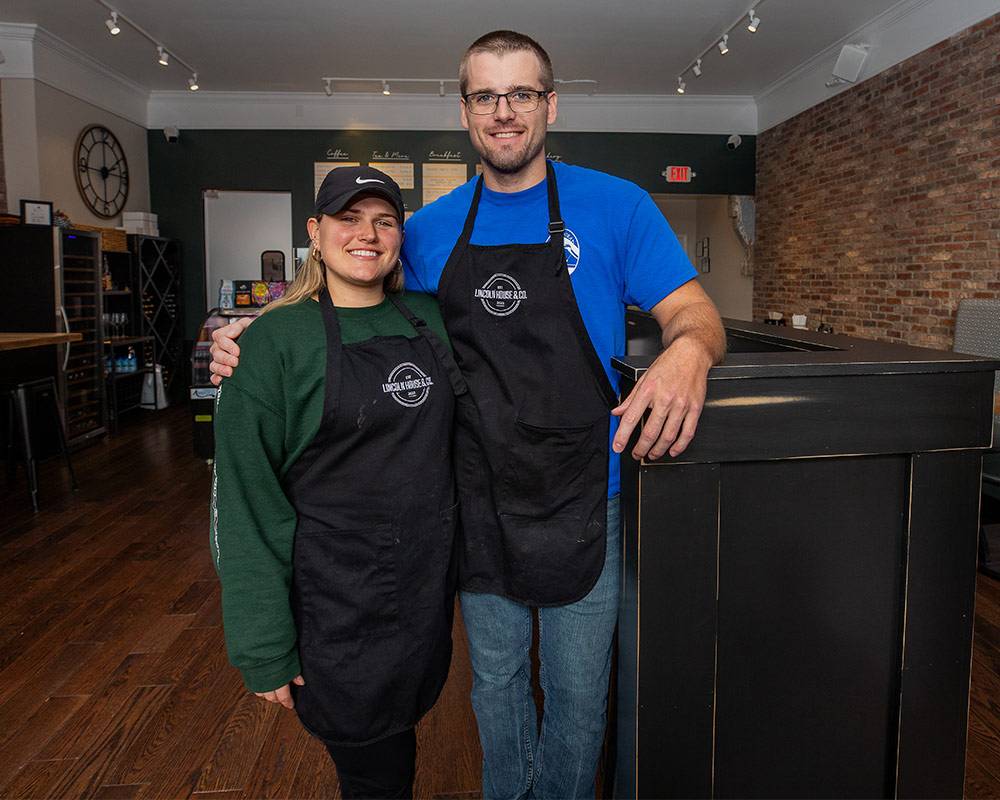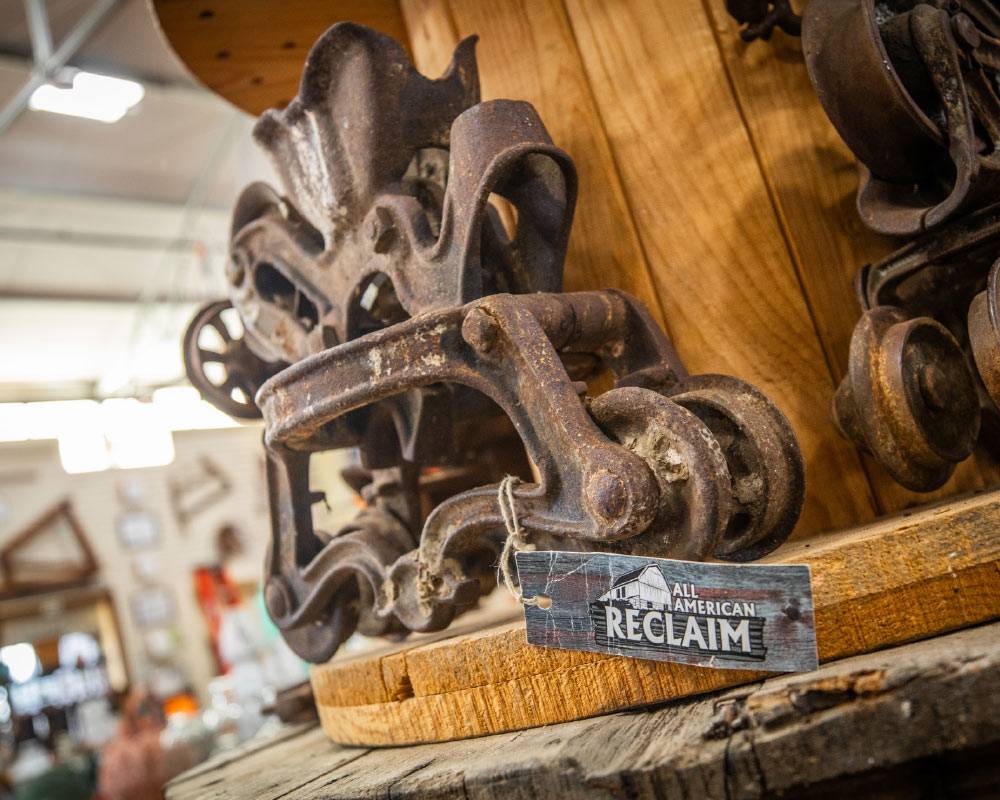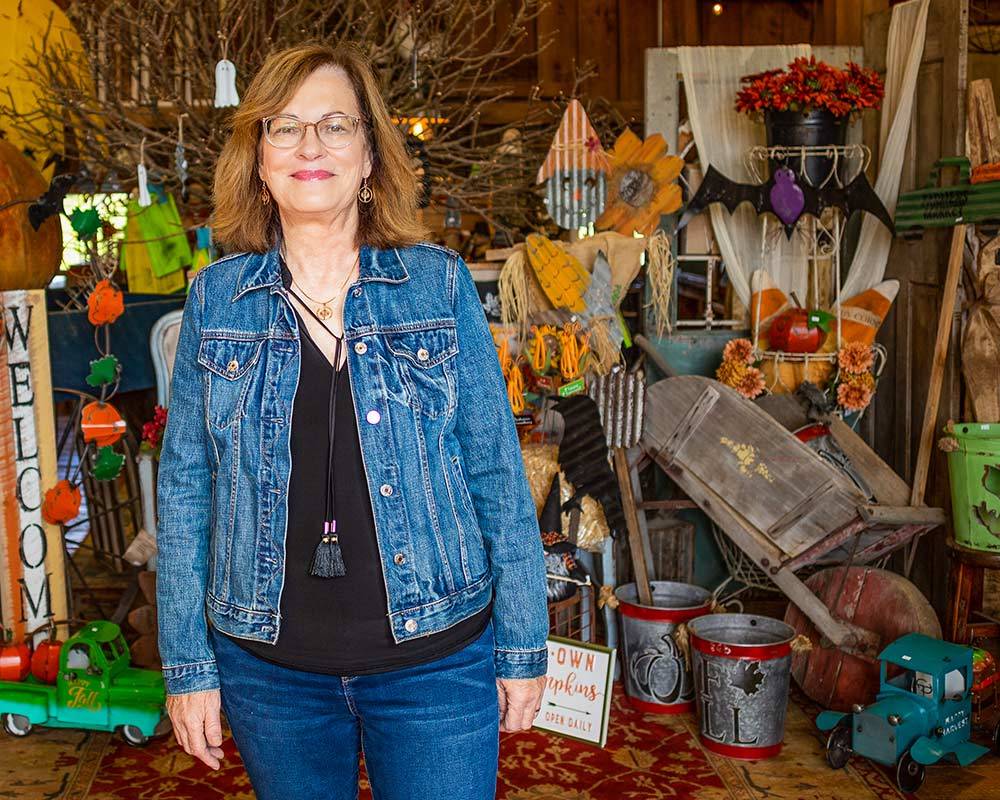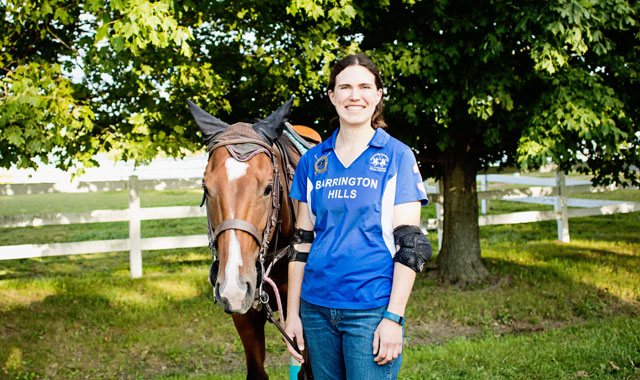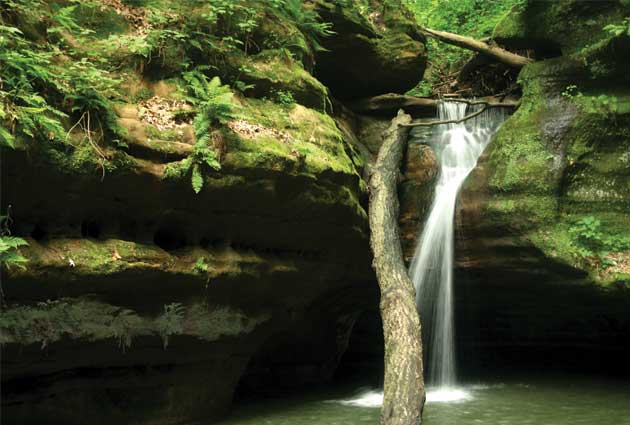Success on the polo field requires both strength and smarts – and Megan West is mastering both, in her sport and career. Meet this dynamic young athlete and discover how she and her teammates are helping to make polo accessible to the layman.

It’s a common conception that polo is a sport for the elite, reserved mostly for the wealthy in places like New York or California.
But Megan West and her fellow riders at Barrington Hills Polo Club, in Barrington Hills, want to prove that stereotype false.
The Palatine resident is a top player at Barrington Hills, one of the largest polo clubs in the Midwest.
When she’s not playing polo and serving as the local delegate to the United States Polo Association, West puts her bachelor’s degree in biochemistry and Ph.D. in agriculture and food chemistry to work as a senior scientist for Mars/Wrigley.
How and why did you begin to play polo?
Like many kids, I was fascinated by horses, so when I was growing up, I took riding lessons. When I got to college (at Purdue University), I saw a flyer for the college polo team. I thought it might be interesting, so I looked into it. I fell in love with the sport. I liked that it was a team sport and I got to work with horses.
What was your biggest challenge in learning to play polo?
I already knew how to ride, but I wasn’t a terribly confident rider. I was very timid. Polo is a team sport, so you have to be a little more forward and willing to try things; I was scared to go faster than a slow gallop.
John Rosene (president of Barrington Hills Polo Club) was a great teacher. When I started grooming horses and taking care of them, he let me learn things on my own. Seeing that I could do those things independently gave me confidence that transferred to the polo field.
Learning how to gain that confidence was big. I was continually challenged to learn how to play smarter and to be more strategic in my playing. Barrington Hills had good instructors and afforded me the ability to interact with several experienced players. Being in that environment helped me to learn and grow. The Chicago area has some really good polo players.
How often do you practice and play?
When we practice, we’re actually playing, or what we call scrimmaging. We play four times a week in the summer, and one of those matchups is usually a tournament. The season lasts from spring to fall – as long as the weather allows. The horses are exercised an additional one or two days, so I can be riding from four to six days a week.
How dangerous is the sport?
The more experienced you get, the faster you play and the more player-to-player, horse-to-horse contact you have. The rules of polo emphasize safety, but I have fallen. Anyone who has ever ridden will say they’ve fallen.
You have to remember you’re dealing with animals with minds of their own, and they are in the presence of other animals with minds of their own.
We do what we can to keep it as safe as possible. We do clinics so everybody knows the rules. We wear boots, kneepads and helmets. When you start, you’re not thrown into the deep end of the pool.
We make sure the level of play is even, and we try not to pit starters against experienced players. Actually, the experienced players rotate in so they can play with the new people and help them learn.
How do you balance polo with your career?
I plan my weeks such that I’m able to start earlier at work and make it on time for polo. Like any outside-of-work activity, sometimes the balance skews one way or the other, but it always balances out in the end. I think there’s always time for the things that are important to you.
What aspects of your daily work are like playing polo?
Polo has definitely made me more confident and has taught me organizational skills. This translates well to the workplace, where being more agile is becoming more important.
You’re Barrington Hills’ delegate to the U.S. Polo Association. What does that entail?
Every club has a delegate. We serve as representatives of the club, and we vote and participate in certain things. One of the more important tasks we have is working together to make polo more accessible and affordable.
What about polo would surprise most people?
I think polo is really accessible, and it’s a lot more affordable than people might think. It’s not a sport just for people with means or infinite time. All of us at the club are working people who have jobs. We have people come in with no horse experience who learned the sport because we’ve shown them how accessible and affordable it can be.
Yes, there are expenses, but when you start at the school, we include the horses and everything you need. If people already have hard hats and boots, we tell them to bring those. You can also lease a horse. If you can afford to lease a new Honda, you can afford to play polo. You might not be able to do both, though. Polo is not as out-of-reach as people think. And there are ways to work the expenses off, which is what I did.
What do you love most about the sport?
My No. 1 love is the horses. They’re incredible. We spend a lot of time riding and working the horses. I also like that it’s a team sport where you have to work together, with strategy and teamwork. And there is also the social aspect. These people are my very good friends. We do a lot outside of polo.













